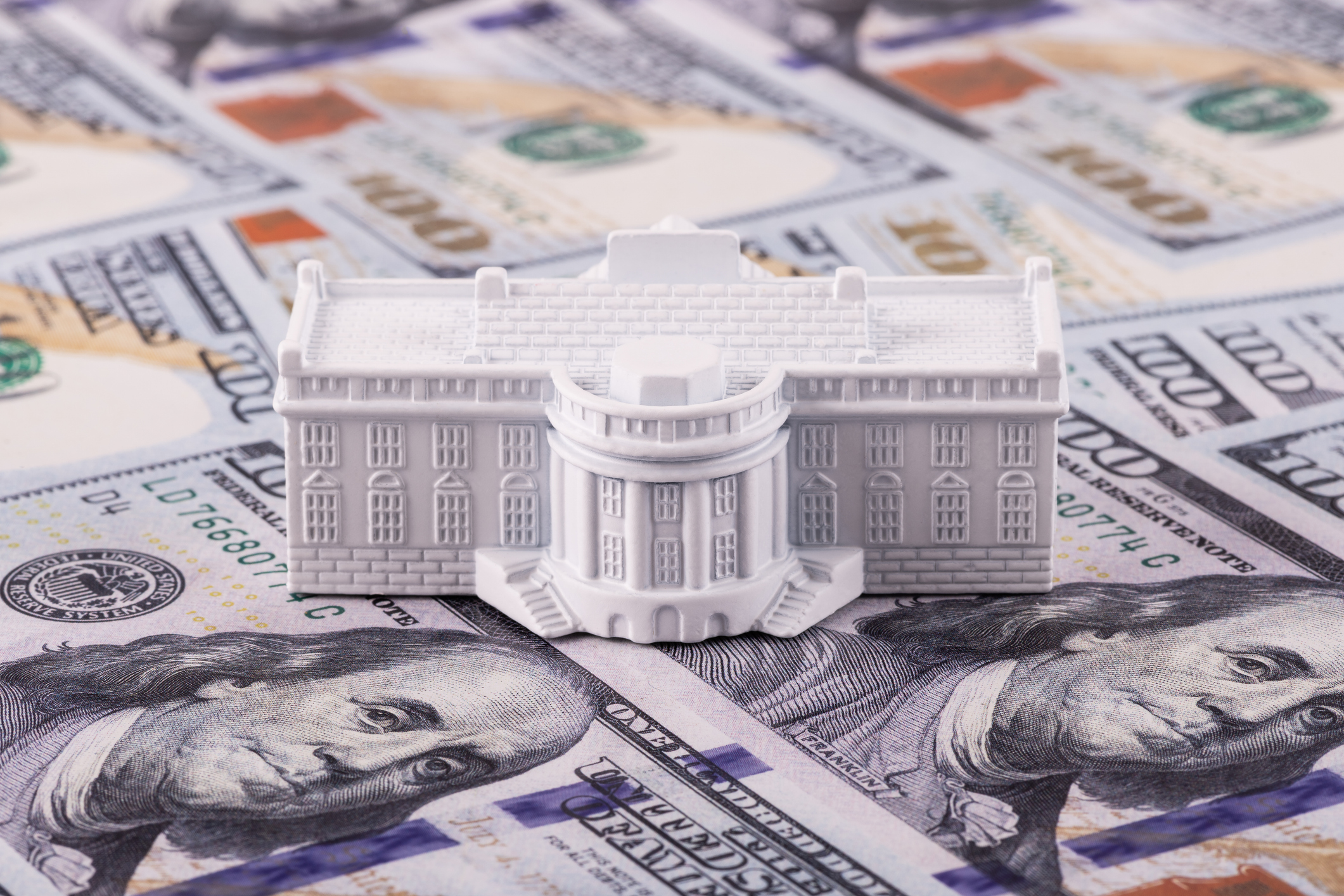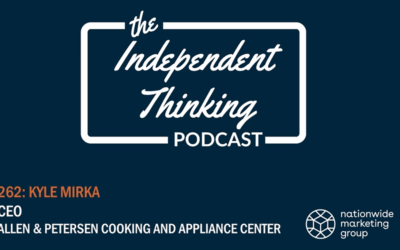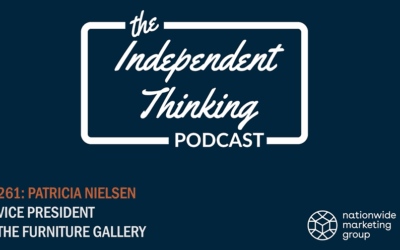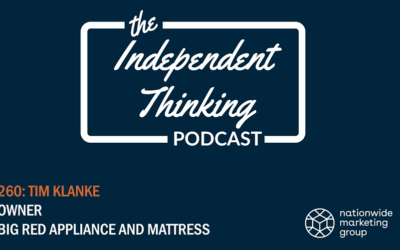Like clockwork, every four years you hear all of the grumblings and hubbub about the upcoming election and how it’s going to put yet another damper on the economy and – as it relates to our channel – the retail industry. The months leading up to and shortly following the election might as well be a period where we close up shop and pretend like we don’t sell goods to consumers for a living, right?
For all the talk about how doomsday-like this period can be, have we ever seen any data to support the belief that general elections here in the United States actually have a direct effect on consumer spending?
It’s more than fair to assume that the American consumer is completely distracted and, frankly, offput by the political attack ads that ramp up on television, radio, social media and wherever else their attention may turn during an election cycle. And more airtime for the presidential candidates means less for local businesses or the brands promoting the products those businesses sell.
But what’s the actual correlation between election fatigue and personal spending during these every-four-year cycles?
You might be surprised to learn that there, in fact, is absolutely zero relation between an election year and consumer spending. It seems impossible, but let’s consider the past two years before diving deeper into the topic. How much talk and media has there been about the impending doom of our economy and consumers tightening their wallets? Endless, right? And while, yes, more recently we’re seeing some pulling back with regard to spending, consumers have widely outperformed expectations. The proverbial can continues to get kicked down the road.
The difficulty comes in separating the view on consumer sentiment versus actual consumer spending. Sentiment, of course, has been something of a roller coaster of the past 60-plus years, as tracked by the University of Michigan.

Their research shows how major events (highlighted by the grey bands on the chart) almost always result in some drop off in consumer sentiment.
But take that chart and throw it on top of actual consumer spending and you’d be hard pressed to find much of a correlation. In fact, that’s something a team of researchers set out to do ahead of the 2016 election, and they couldn’t do it.
“Government policy sentiment shocks have small and reasonably precisely estimated effects on household spending,” the Government Economic Policy, Sentiments, and Consumption report concludes. “Despite individuals becoming quite pessimistic on government economic policy when their party loses the White House, it does not appear to affect household spending in a significant manner. We interpret this null result as showing that the variation in views on government economic policy … has a limited effect on consumption.”
Further, personal spending data from the U.S. Bureau of Economic Analysis over the last 44 years shows month-over-month variances during general election years are practically no different than during any other year.

The biggest decline – and subsequent jump – in spending occurred during March and April 2020 as we were all learning what life would be like amid a global pandemic.
So, while it may feel like there’s a dark cloud hanging over the industry, economy or life in general as we get closer to November 2024, it’s unlikely that some drastic change is going to happen overnight simply because some donkey or elephant gets elected.
Rather than getting hung up, then, on this idea that the election is going to put a damper on your business, now would be the time to double down and get your business out there and in front of the negative coverage. Spin the narrative in your favor. Bottom line, don’t let yourself get caught up in this idea that the election is going to have a direct impact on your ability to close that sale or drive customers into your store. As the data shows, that way of thinking is simply fake news.




